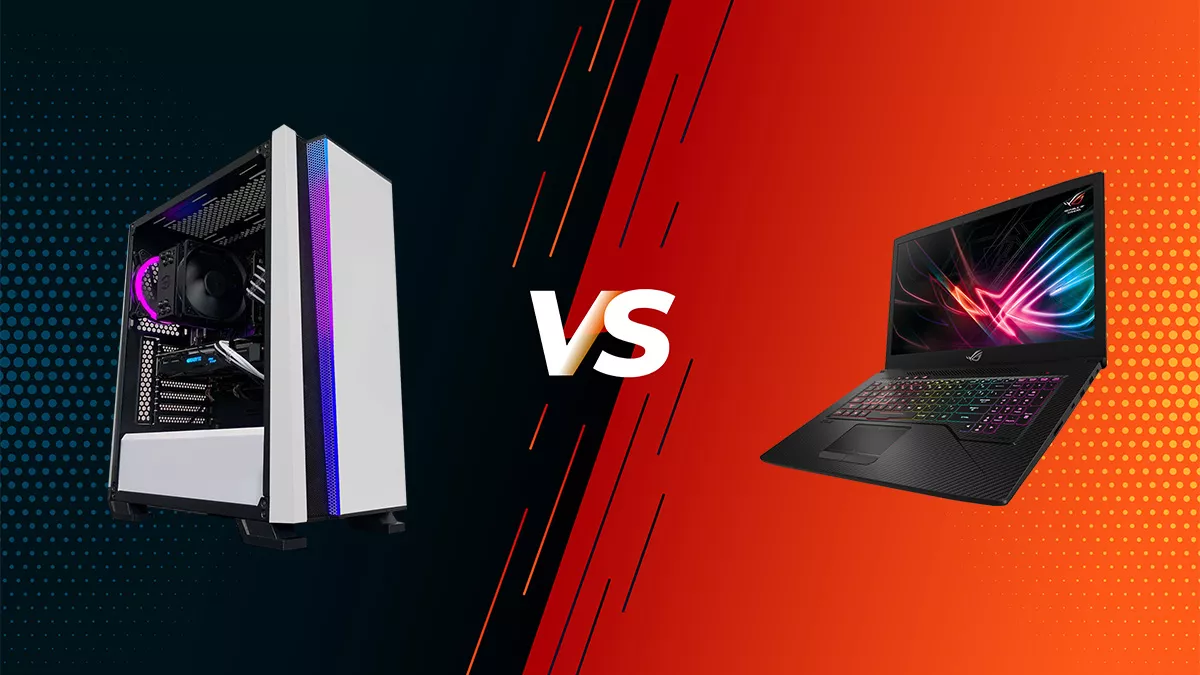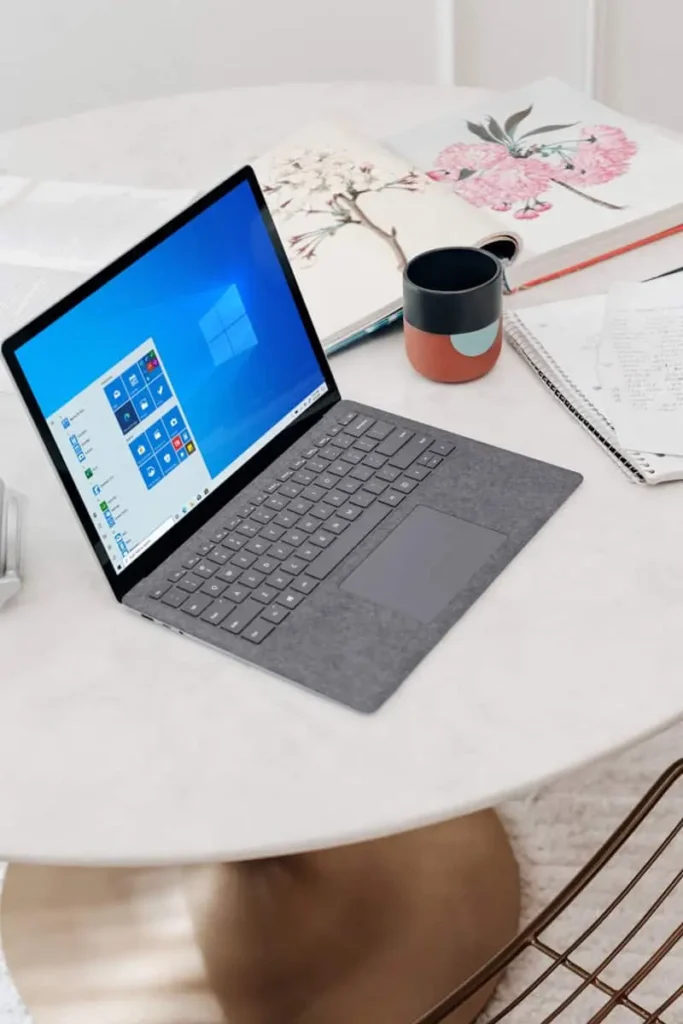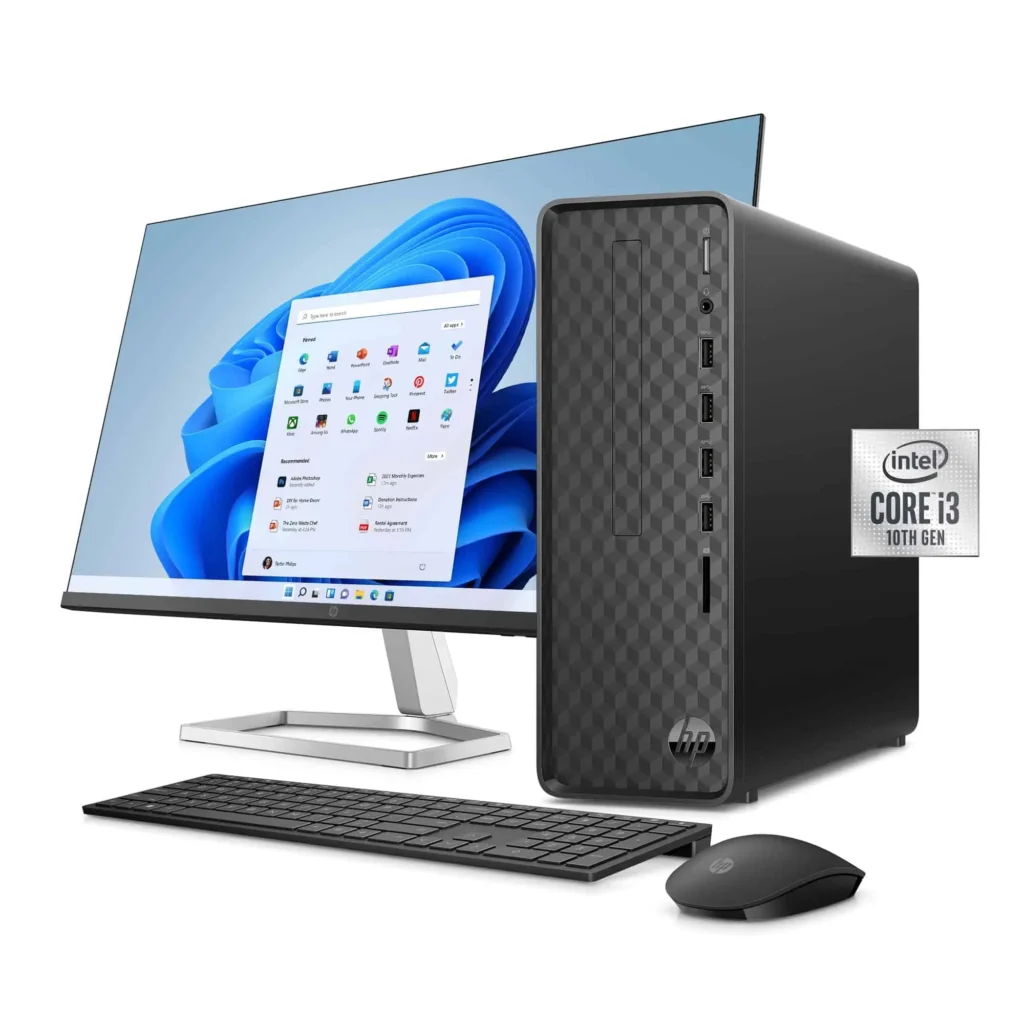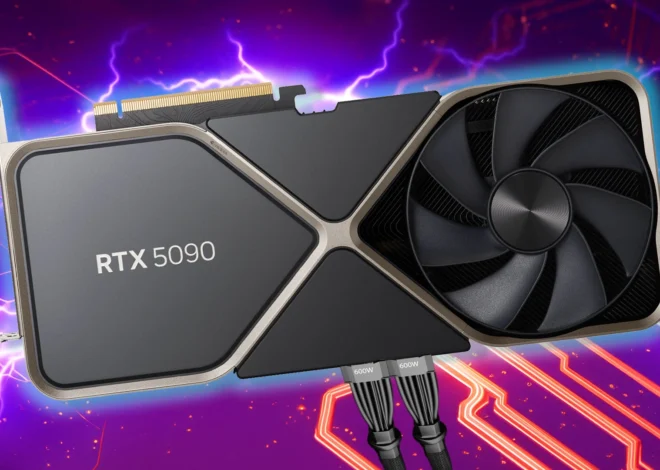
Desktops vs Laptops: Which Is Right For You
Deciding between a desktop and a laptop computer can be tough. Both have good and bad points. The right choice depends on what you need in terms of power, portability, and price. Your decision between a desktop and a laptop depends on your needs and lifestyle. Laptops offer portability and convenience, while desktops are better for performance, upgradability, and value. Think about how you plan to use the computer, your budget, and what’s most important to you to figure out which one is best for you.
Desktops offer more power and upgrade options. They have bigger screens and full-size keyboards but are not portable. Laptops let you work from anywhere and are space-saving and use less energy. But for the same power, they cost more than a desktop. Students and travelers usually pick laptops, while office workers might prefer desktops. Some people have both, using a desktop at home and a laptop for traveling. Consider how and where you will be using your computer the most.
Choosing Your Ideal Machine: Desktops vs. Laptops
Portability and Convenience

Laptops are the clear winners in portability. They’re designed to be taken anywhere, making them perfect for students, travelers, and anyone who needs to work on the go. Desktops, on the other hand, are stationary and require a dedicated workspace.
Performance and Power

Desktops generally offer more power and performance than laptops for the same price. They have larger cases that can accommodate more powerful components, better cooling systems, and more storage options. This makes them ideal for demanding tasks like gaming, video editing, or 3D modeling.
Upgradability and Customization
Desktops are highly customizable and upgradable. You can easily swap out components like the graphics card, RAM, or storage drive to improve performance or add new features. Laptops, on the other hand, have limited upgradability options, often restricted to RAM and storage.
Price
In general, laptops are more expensive than desktops with comparable specifications. The compact design and portability of laptops come at a premium. Desktops offer better value for money if you prioritize performance and don’t need portability.
Key Considerations
| Feature | Desktop | Laptop |
|---|---|---|
| Portability | Low | High |
| Performance | High | Moderate to high depending on specifications |
| Upgradability | High | Low |
| Price | Generally lower for the same specs | Generally higher for the same specs |
| Screen Size | Larger options available (24 inches and up) | Limited to 13-17 inches |
| Ergonomics | Customizable with separate monitor and keyboard | Less ergonomic for extended use |
Key Takeaways
- Choose based on your needs for power, portability, and budget
- Desktops offer more power and upgrades, while laptops provide mobility
- Consider your main use case to pick the right type of computer
Comparing Desktops and Laptops
Desktops and laptops offer different features for users. Each type has pros and cons in key areas like size, power, and flexibility.
Fundamental Differences
Desktops are larger computers that stay in one place. They have separate parts like a tower, monitor, keyboard, and mouse. Laptops are small, all-in-one devices you can carry around.
Desktops often have more power for heavy tasks. They can use bigger parts that need more cooling. Laptops use smaller parts to save space and battery life.
Setup is easier with laptops. Just open the lid and turn it on. Desktops need more work to connect all the pieces.
Portability and Space Considerations
Laptops win for portability. They’re light and fit in a bag. You can use them anywhere – at home, work, or while traveling.
Desktops take up more room. They need a set spot on a desk or table. This limits where you can use them.
All-in-one desktops save some space. They put all parts in the monitor. But they’re still not as small as laptops.
Performance and Power
Desktops usually beat laptops in raw power. Their bigger size lets them use stronger parts. This helps for tasks like gaming or video editing.
Laptops have gotten much faster. But they still lag behind desktops at the same price. Heat is a big issue in small laptop cases.
Desktop parts use more power. This means higher electric bills. Laptops are more energy-saving. Their batteries also let them work without being plugged in.
Upgradability and Flexibility
Desktops are easier to upgrade. You can swap out most parts like the CPU, GPU, or storage. This lets you keep your computer up-to-date for years.
Laptops are harder to change. Many parts are built-in and can’t be replaced. You might only be able to add more RAM or swap the hard drive.
Desktops offer more choice in parts. You can mix and match to get exactly what you want. Laptops come as set packages with less room for customization.
Use Cases and User Preferences
Desktops and laptops each shine in different settings. The best choice depends on a person’s needs, job, and lifestyle. Let’s look at how these computers fit various users.
Office and Professional Work
Many office workers prefer desktops. These machines offer more power for less money. They’re great for running many programs at once. Desktops also let users set up big screens or multiple monitors. This helps with tasks like data entry or design work.
Some jobs need strong computers. Graphic designers and video editors often pick desktops. These computers can handle heavy software better than most laptops. They also have room for high-end parts like fast CPUs and big graphics cards.
But laptops are catching up. Many workers now choose them for their mix of power and portability. Laptops let people work from home or take their work on trips. This flexibility is key in today’s job world.
Students and Academic Environments
Students tend to favor laptops. They can carry these computers to class, the library, or study groups. Laptops make it easy to take notes, write papers, and do research anywhere on campus.
For basic schoolwork, cheap laptops or Chromebooks often do the job. These machines can handle writing, web browsing, and simple apps. They’re light, have long battery life, and don’t cost much.
Some majors need more powerful laptops. Engineering or art students might need machines that can run complex software. In these cases, high-end laptops or even portable workstations are better picks.
Gaming and Entertainment
Serious gamers often choose desktops. These machines offer the most power for the price. Desktops can fit big graphics cards and cooling systems. This lets them run the newest games at high settings.
Gaming laptops are an option for those who want to play on the go. These machines pack a lot of power into a portable form. But they cost more and aren’t as strong as gaming desktops.
For casual gaming and media, either type of computer works well. Both can stream videos, play music, and run lighter games. Laptops add the bonus of being usable anywhere in the house.
Portability for Mobile Users
Laptops win hands-down for people who move around a lot. They’re perfect for frequent travelers, remote workers, and students. These users can take their whole computer setup wherever they go.
New laptops are getting lighter and stronger. Many now last all day on a single charge. This makes them great for working in coffee shops or on long flights.
Some jobs need this mobility. Sales reps, journalists, and field researchers often rely on laptops. These machines let them work and access data from anywhere with Wi-Fi.



